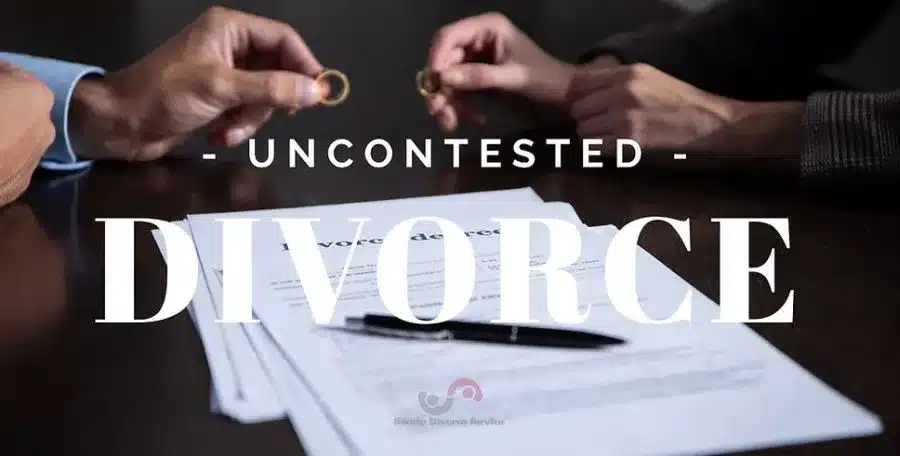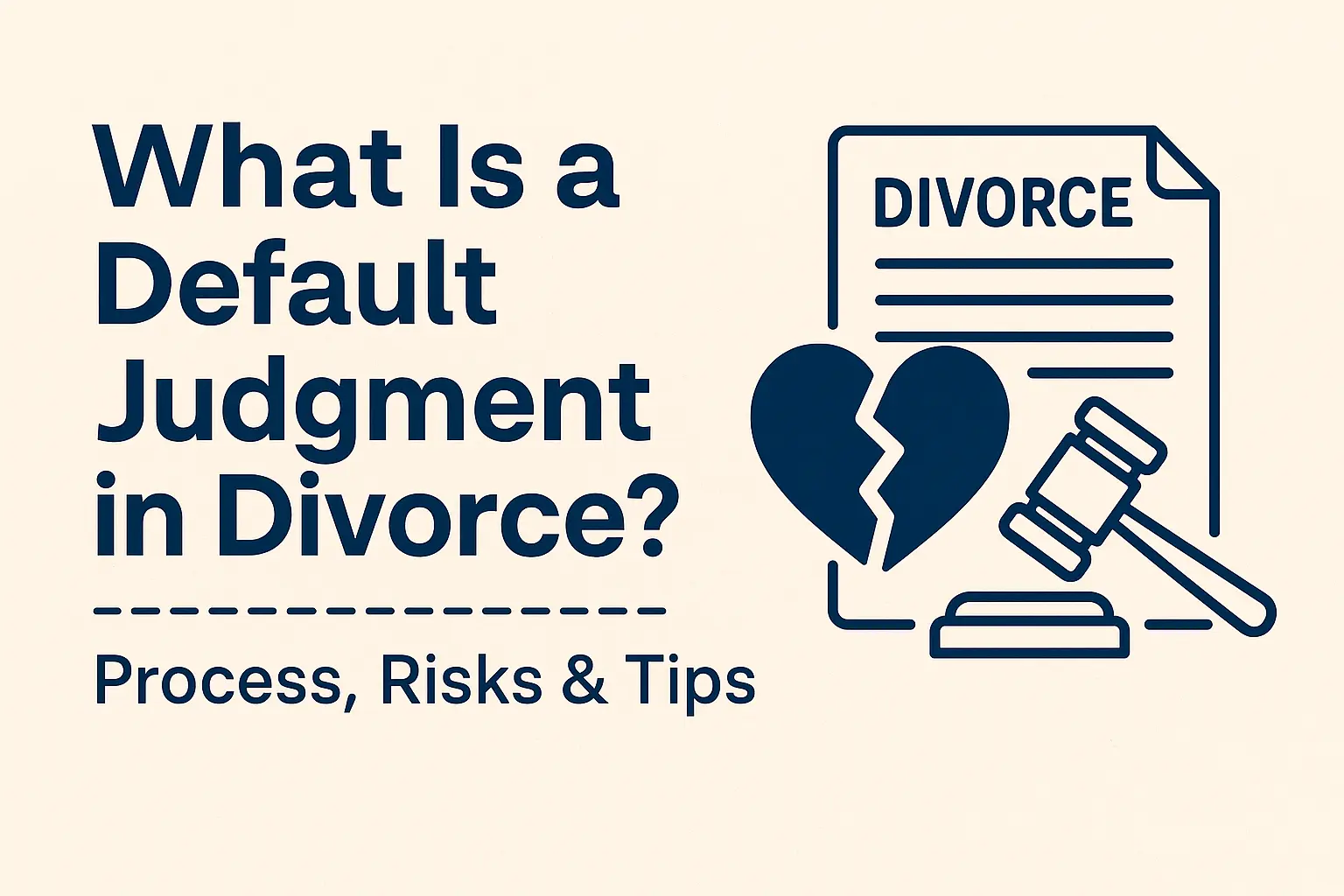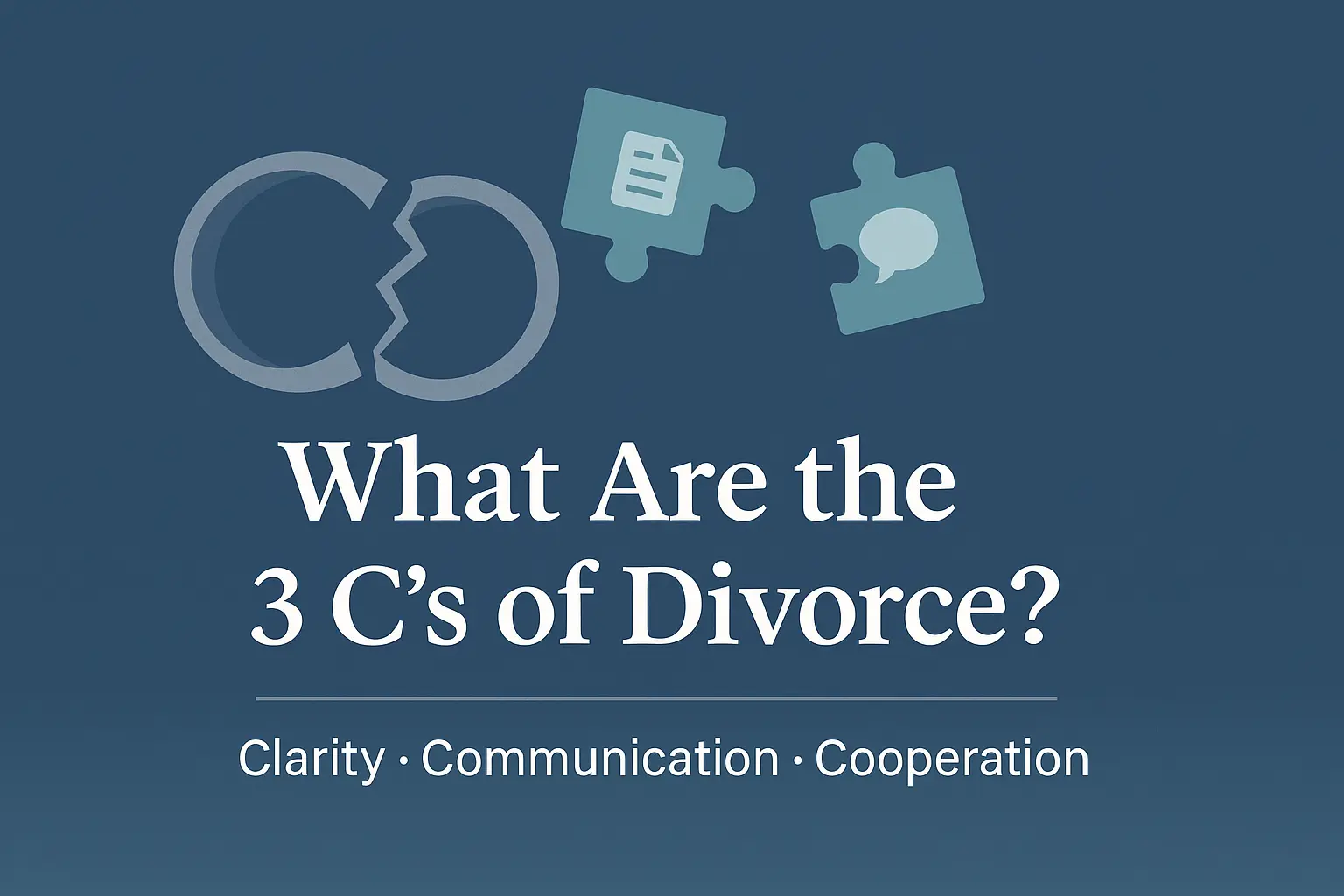Understanding the Law, the Exceptions, and the Court’s Role
Child support in Texas is often seen as a mandatory obligation—one that ensures children receive the financial care they need from both parents. But what happens when both parents agree that no child support should be paid? Can the court allow it? The answer, as with many legal questions, is: it depends.
In this post, we’ll explore whether child support can be waived in Texas, how the courts evaluate such agreements, and what you need to know before making this decision. If you’re considering a child support waiver during your divorce or custody case, read this carefully.
⚖️ What Does Texas Law Say About Child Support?
The Texas Family Code imposes a statutory duty on parents to support their children financially. Child support is not a right that a parent can waive—rather, it is an obligation the state enforces for the best interest of the child.
📚 Relevant Law: Texas Family Code § 154.124
This statute allows parents to enter into a written agreement concerning child support that differs from the statutory guidelines, but only if the court approves it and finds that the agreement is in the best interest of the child.
This means even if both parents agree that no child support should be ordered, the court can—and often does—override that agreement if it believes the child’s needs won’t be met.
✅ Is It Possible to Waive Child Support in Texas?
Yes, but only under specific conditions.
✔️ When It Might Be Allowed:
- Both parents have comparable incomes or shared custody where the child’s financial needs are fully covered without a formal support order.
- Neither parent is on public assistance such as Medicaid, TANF, or SNAP.
- There is a clear, written agreement submitted to the court that shows how the child’s financial needs will be met.
- The court finds the waiver to be in the best interest of the child.
❌ When It’s Not Allowed:
- If one parent has significantly more income or access to resources.
- If the custodial parent will rely on government benefits in the absence of support.
- If the waiver appears to be coerced, unfair, or inadequate to cover the child’s basic needs.
- If the child has ongoing medical or educational needs that require predictable financial contributions.

🧠 Tips for Parents Considering a Waiver
1. Put Everything in Writing
Courts require formal written agreements, signed by both parties. Verbal agreements or informal handshakes won’t be honored.
2. Focus on the Child’s Needs, Not Yours
Judges are bound by law to make decisions based on the child’s best interest—not what’s most convenient or amicable for the parents.
3. Be Prepared to Show Financial Stability
If you’re waiving child support, the court will want to see that both parties are financially capable of supporting the child without court-ordered payments.
4. Use Clear Legal Language
Don’t rely on vague terms. Include specific statements like:
“The parties agree that no child support shall be ordered, and both parties shall bear the financial responsibilities of the child during their respective periods of possession.”
5. Consider a Modified or Nominal Support Order
In some cases, courts approve a minimum support amount like $50/month or a “zero support” order subject to future review.
📋 Sample Scenario
Joseph and Kara are divorcing in Dallas County. They both work full-time, share custody of their child equally, and agree that neither parent should pay child support. They file a Joint Motion to Waive Child Support with a detailed plan showing:
- Income parity
- Joint responsibility for school, healthcare, and extracurriculars
- No use of public assistance
- A schedule for parenting time
The court reviews the motion, verifies that the waiver won’t negatively impact the child, and approves the agreement.
✅ This is how a waiver can legally work in Texas.
❓ FAQ: Waiving Child Support in Texas
Yes—but only if the court approves it and finds it to be in the child’s best interest.
Absolutely. A written, signed, and notarized agreement is required for court consideration.
The court has the final say. If it finds the waiver isn’t in the child’s best interest, it can impose a mandatory support order.
Yes. The court must independently evaluate whether the child’s financial, zero support, and emotional needs are protected.
Possibly. If circumstances change significantly (like income loss or medical issues), a party can file a modification suit under Texas Family Code § 156.401.
🧭 Key Takeaways
- Child support is the child’s right, not the parent’s.
- Parents can request to waive support, but the court controls the outcome.
- Judges prioritize what’s in the child’s best interest, regardless of parental preferences.
- Written agreements with clear financial arrangements are essential.
- The waiver is not guaranteed—especially in cases of income disparity, disability, or government benefits.
📢 Call to Action
Are you considering waiving child support in your Texas divorce or custody case?
Let Ready Divorce Service guide you through the process with affordable legal drafting and expert family law support. We prepare court-approved child support waiver motions, agreed final decrees, and full parental plans that meet Texas legal standards.
👉 Contact us today for a free consultation or visit our Child Support Services Page for more information.
✅ Easy step-by-step guidance
✅ Flat-fee pricing — no surprises
📲 Call us now at (800) 432-0018





